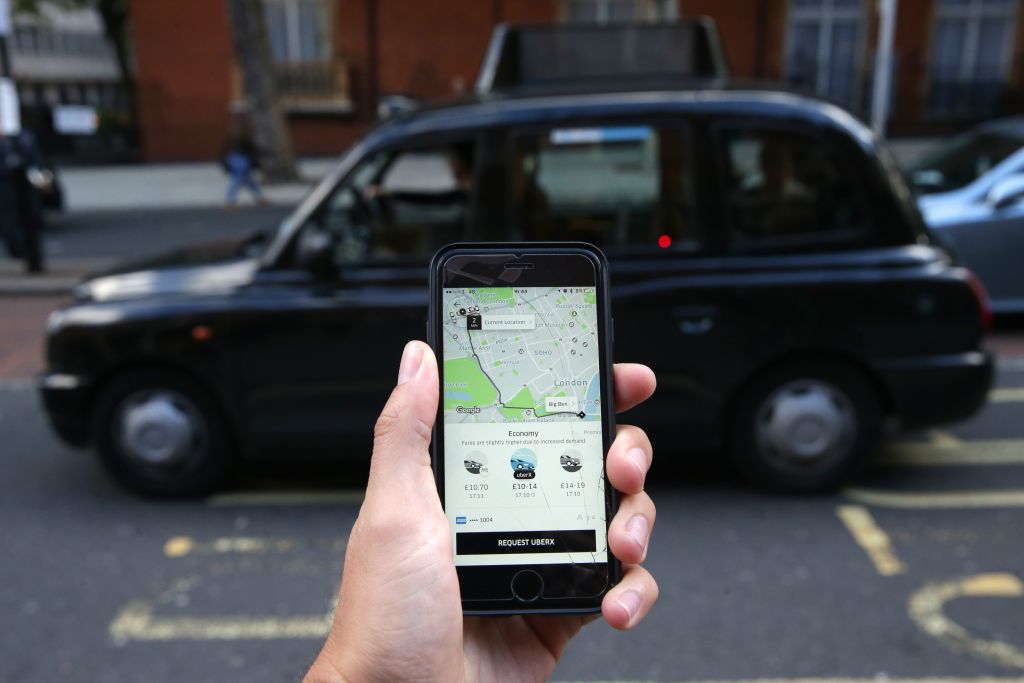It is unregulated, arrogant, unsafe and has destroyed the livelihood of the traditional black cabs. Ever since it was launched, the ride-sharing app Uber has been as controversial as it has been popular. Now it faces a ban in London that could see the ubiquitous Toyota Priuses favoured by its drivers disappear from the capital’s streets. It won’t happen immediately, because the decision will be appealed, but it could happen very soon.
True, that will be a blow to the company, and a relief both to its ride-sharing rivals and even more to the cabbies. With three million passengers and more than 45,000 drivers, London is one of the company’s biggest markets. It has performed woefully since it was listed this year, it is under a lot of financial pressure and the shares were down another five per cent on the news before the market opened in New York. But it is also a blow to London – and potentially a bigger one.
Sure, there are areas where Uber needs to improve its vetting of drivers. Like many fast-expanding technology companies, it has grown too quickly and its systems have often struggled to keep up with its development. And yet, even leaving aside the campaign against the company from its rivals and the transparent anti-technology, anti-business bias of London’s mayor Sadiq Kahn, there are two big problems with an outright ban.
First, London’s transport system needed a shake-up and some innovation. The way people get around one of the most vibrant, wealthiest, and fastest-growing cities in the world has hardly changed in decades. Crossrail might open one day but otherwise we almost have the same tubes and bus routes the Edwardians did.
Uber changed that. It’s use of freelance drivers dramatically cut the cost of a ride. Its pooling system often means a long-ride across London costs less than a tenner. Many people have given up owning cars and just Uber around instead. Its brash, disruptive systems and its brilliant exploitation of mobile data have transformed urban transport for the better. Why would London want to lose that?
Next, and more importantly, London is emerging as one of the great technology hubs in the world. Okay, it is not in the same league as San Francisco or Shanghai, the two Pacific giants transforming the 21st-century. But it is by far the most important hub in Europe. And in areas like financial technology, you could convincingly argue it is now the world leader. It is tech and entrepreneurship more than finance that now drives the capital’s extraordinary prosperity. But you can’t be a great tech centre while also banning one of the most innovative app companies in the world. It just doesn’t add up.
There might well be a case for telling the company to tighten standards, track its drivers better and allow regulators to monitor and improve its management. But a ban is overkill. Uber will get along okay without London, if that is what finally happens. But London without Uber? In truth, it will be a poorer, diminished place – and if the government has any sense it would step in to reverse the decision.






Comments